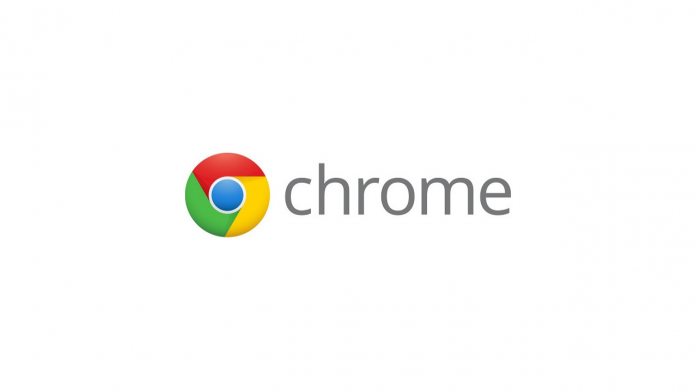“Chrome is draining your battery faster,” a Windows Action Center notification once read. “Switch to Microsoft Edge for up to 36% more browsing time.” Now, though, Google’s problems are also Microsoft’s. Edge is switching from its own engine to Chromium and thus inheriting underlying bugs, performance issues, and other niggles. As spotted by Windows Latest, Redmond engineers are now suggesting solutions to battery issues on the Chromium Gerrit. “The current behavior is that the media content is added to the general HTTP cache during acquisition and playback,” writes Microsoft’s Shawn Pickett in a bug filing. “This has a negative impact on battery life as keeping the disk active increases power consumption in general, and can also prevent certain lower-power modes from being engaged in the operation system. The proposal is to prevent streaming media content from being cached to disk where possible.” Picket says the improvements could both make laptops last longer while playing certain types of video and help performance. This would be particularly noticeable when forwarding or rewinding a clip by a second. Local Microsoft testing puts the power improvement at 62mW and decreased disk activity of 309KB/s. Neither are night and day differences, but numerous small changes like this are often what lead to an efficient browser over time. The feature will take the form of a flag in Chrome on its approval, and will read “Turn off caching of streaming media to disk – Reduces disk activity during media playback, which can result in power savings”.




